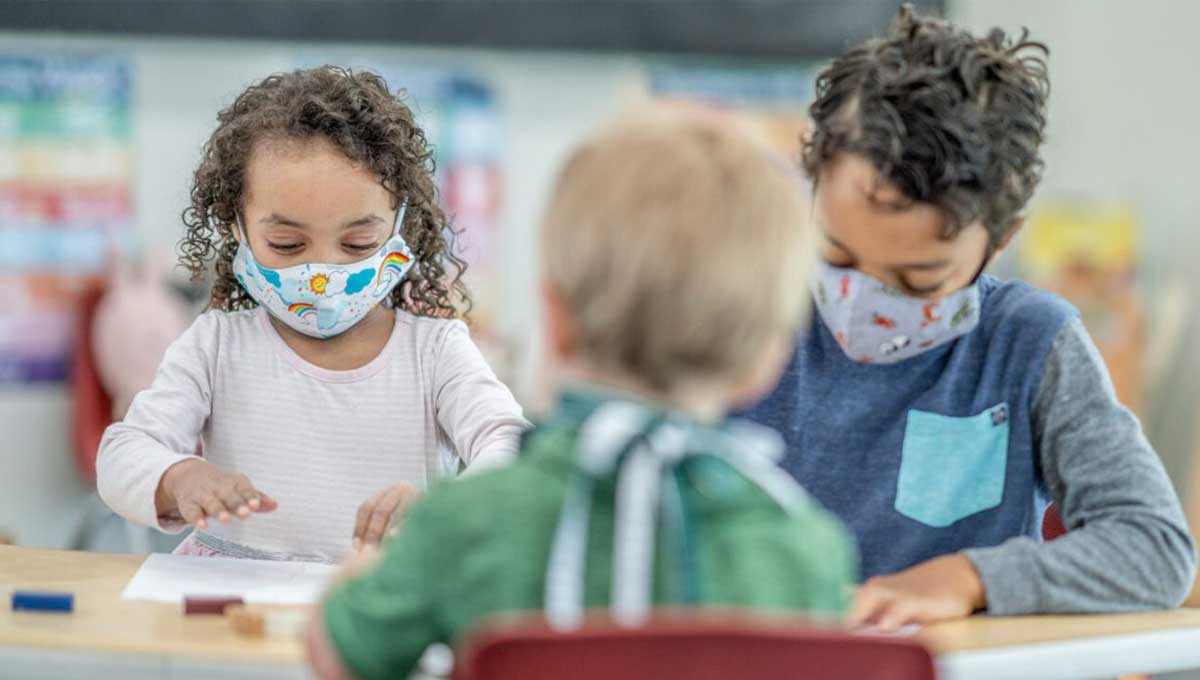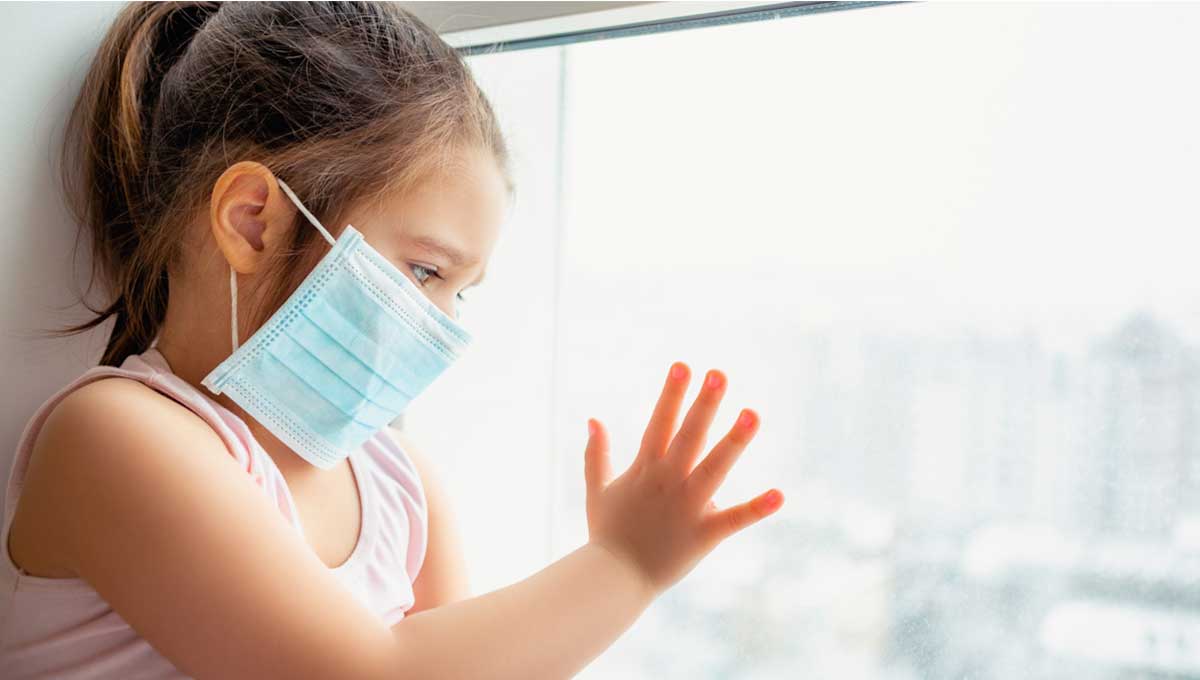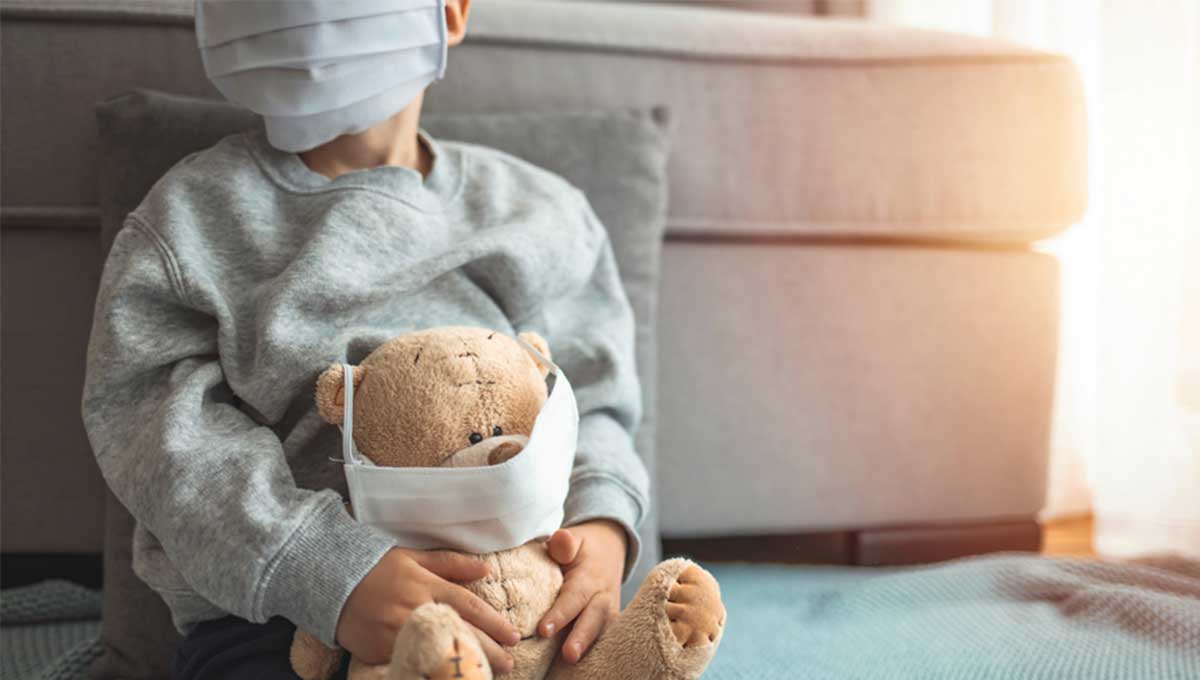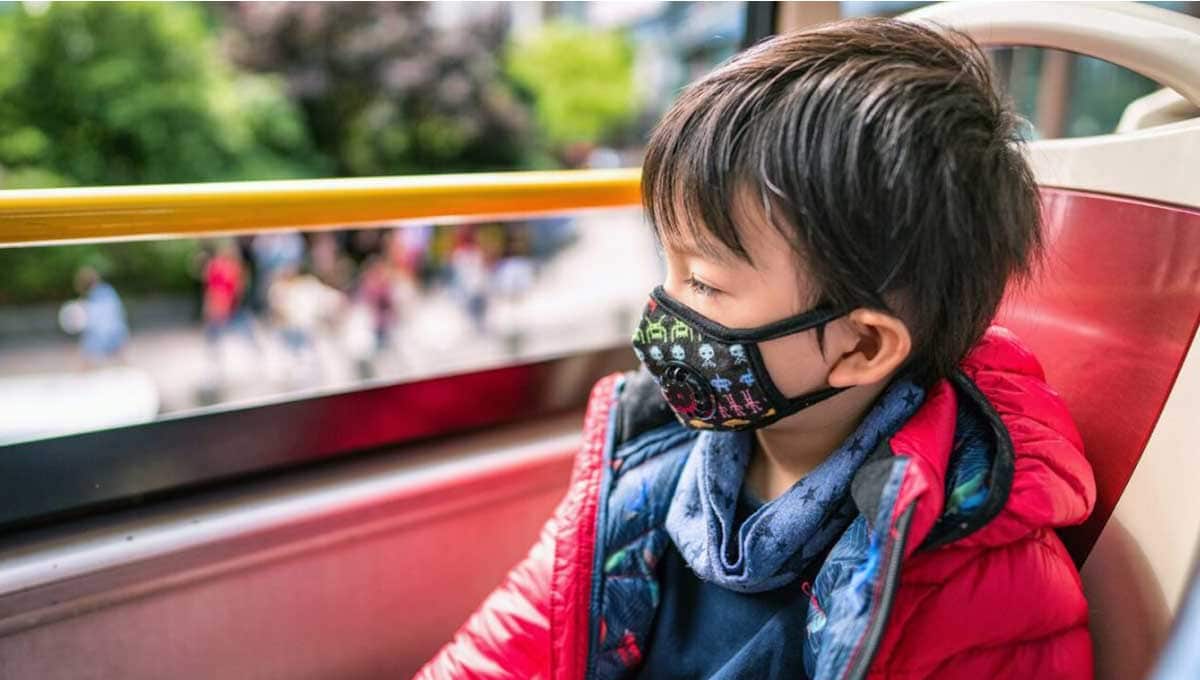If you have small children, you know how much of a struggle the COVID-19 pandemic has been for them. While everyone has been struggling through the past year, children are in a unique position.
Adults are largely capable of understanding the basics of the pandemic. Children, on the other hand, don't have the background knowledge or experience to help them out. Explaining COVID to kids becomes the responsibility of the parents and other adults around them.
If this seems daunting, you're not alone. Many parents and guardians have already been responsible for their children's education over the past year, so adding something else might seem stressful. Don't worry, we're here to offer you some advice.
Keep reading to learn all about kids and COVID, and how to have this difficult discussion.
Some Insight on Explaining COVID to Kids
Many parents try to shield their children away from things that they deem unpleasant. If the pandemic was shorter, this might be an option, especially for children who are young enough that they wouldn't remember.
Because it's been going on for so long, though, the pandemic has become a fixture in the lives of children. Because they're so young, this may seem like what "normal" is supposed to be like.
It's important that you have a gentle conversation with your children to explain why this is happening.
Children are resilient. While you might worry that explaining the pandemic to them could increase their anxiety levels, keep in mind that confusion is often more stressful to them. As long as you explain things in a gentle and easy-to-process way, they should be fine.
When you're trying to decide what to talk about, less is more. You should give them an overview of what's happening and how it's changed their normal routine (and why). You can talk about symptoms, but don't go into detail. Give them enough information to help them know what to look for or to help them understand.
If they start to get frustrated or upset, keep in mind that children are somewhat self-centred. They need reassurance to help them understand that they're most likely not going to experience the coronavirus symptoms. A scared child may start to think that every sniffle or cough is COVID-19.
Does Age Matter?
Figuring out how to explain COVID-19 for kids is dependent on their age.
Older children, through early teens, can handle more information. They may have had firsthand experience with the pandemic. They may have family members who have gotten sick or friends with family members who have gotten sick.
For them, you can be more explicit about the pandemic. They're old enough to understand that the pandemic isn't likely to make them sick.
Younger children are more complicated. Any child in the single digits has already spent a large percentage of their life in a time of partial to complete social distancing. There's more for them to understand.
Very basic discussions can take place from the time that your child is old enough to ask questions. The older they are, the more descriptive you can be.
Find Out What They Already Know
Whenever you're discussing something complicated with a child, figuring out what they already know (whether it's accurate or inaccurate information) is a crucial first step.
This helps you limit your explanation if you don't want to go into too much detail, helps you correct misinformation, and helps you understand what your child is learning from the people around them. Kids talk, and because they're not sure what's going on, they may have all kinds of unusual ideas.
School
Ask them if they've learned anything about the COVID-19 pandemic from school. Most teachers will discuss the basics, even for younger children, but they may not extend beyond safety precautions and how to manage distance learning.
Older children are likely discussing the pandemic in their science and social studies classes, but it doesn't hurt to ask.
Media
Have your children seen or heard anything about COVID-19 on television, on the internet, or on the radio?
Many parents have abandoned traditional cable television in exchange for streaming services. If this is the case, it's likely that your child hasn't seen anything about the pandemic that you didn't put on. The internet, however, is a different story.
The internet is full of both good and bad information, so ask what your child has heard (and where that information came from).
Friends
Kids talking about COVID-19 is a good thing. It's good to share experiences and socialize when it's possible. That said, kids have a habit of altering information without realizing it.
Consider the "telephone" game. A child receives accurate information and passes it to the next child. That next child gets most of the information, but misunderstands a thing or two and sends it to the next child. This goes on and on.
Talk to your child about what they've learned from their friends and make sure that you're giving them more accurate information.
Understand How It’s Making Them Feel
Everyone is managing their mental health at the moment, but too many people forget that children also need help in this area. Young children especially have trouble voicing their feelings in ways that adults can understand.
While this is stressful for adults, children are developing in a world that no one was prepared for. They aren't as social as most children have been able to be, they may have more trouble learning, and the looming anxiety of the pandemic may be harmful to them.
Ask your children how they're feeling and learn how to spot signs of distress. Children who can't verbalize their feelings may become withdrawn or start acting out or misbehaving. They may start developing anxious habits, like nail biting or scratching.
Here are a few things that you can ask a child who has difficulty expressing their emotions:
- Are you feeling angry? Why?
- Can you draw your feelings?
- What do you need right now?
- Do you feel sad? Why?
- What would make you feel happy today?
Make sure that you set an example with your own behaviour when it comes to emotions. You want children to develop emotional control and intelligence, so they should learn how to read your body language and emotions and watch you cope.
How to Help Them Cope
This is a tough time for children, even if they don't understand what's happening around them. They don't get to play as much or hang out with friends, and they're not getting crucial social development skills from school.
It's your job to help them get through the pandemic. During COVID-19, kids need things to look forward to.
Activities
Make sure that you're engaging kids in activities. While you have some limitations right now, there are plenty of things that kids can do at home or outdoors. It's better to overdo it and try to keep kids entertained and active every day.
Take your child on nature walks to help them learn about plants and animals while they get some exercise. You can also sit outside for picnics or play outdoor games so they can get out of the house.
Make sure that you set aside time every day for fun activities like crafts and story time (for young children). This gives them more structure, engages their minds, and lets them express themselves.
If your child is up for it, take this time to teach them a new hobby. It should be something fun and simple that they can do at home or outdoors. Great options are roller skating, yoga (which is also great for emotional control), knitting, or gardening. Gardening is great because they'll get to see something grow from a seed and feel proud of their hard work!
Structuring a Calendar
For kids, COVID-19 has disrupted their routines. Children thrive on routines, so it's helpful if you create your own at-home fun routine or calendar so kids can have structure and have things to look forward to.
You won't be going to events like you once would, but even small and normal things on a weekly or monthly calendar can be helpful.
For example, start scheduling activities for days of the week so your child can start developing that routine. Mondays can be for crafting, Tuesdays can be for outdoor games, Wednesdays can be days where they help cook, and so on.
Resources for Children
If this is all overwhelming for you, that's okay. There are plenty of resources available that can help your child understand and cope with COVID-19.
One of our favourite resources for families comes from the Sesame Street website. Sesame Street has been committed to teaching and entertaining children for decades, and they've compiled resources, games, and videos to keep you and your children entertained and informed.
Help Your Child Understand COVID-19
Explaining COVID to kids is complicated, but if you approach things gently, your child will be able to understand everything that they need to know to deal with this "new normal."
Don't worry about getting things perfect. Even if you're unsure about the information that you're presenting, or if you're doing the right thing, pre-made resources for kids can fill in the gaps.
It's tempting to shield your children from COVID-19, but if you want them to feel secure, you need to have this talk.
At Insurdinary, we have kids too and we care about you and your family. That is why we have shared our collective insight as parents on this tough topic. We understand how important it is to protect them, and educate them at the same time.





